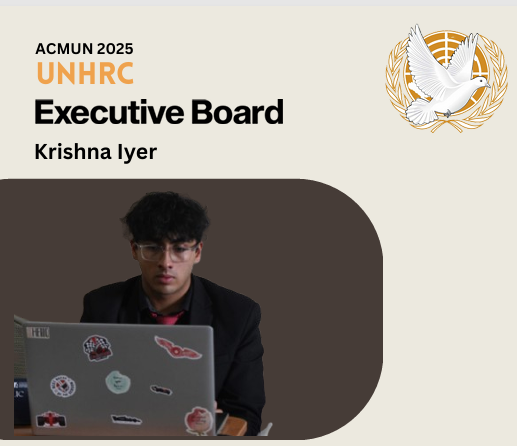
United Nations Human Rights Council
Listen up, human rights champions!
Counter-terrorism is messy business, and when nations go rogue
with "independent operations," innocent lives get caught in the
crossfire. You're not just debating policy – you're literally deciding
whether security justifies trampling on fundamental human dignity.
This isn't your typical committee; it's where moral courage meets
political reality.
Think you can balance the scales of justice? Prove it.

UNITED NATIONS ENVIRONMENT PROGRAMME
Hey there, young planet protectors! Tigers, elephants, rhinos, and pandas are counting on YOU! Our amazing animal friends are disappearing faster than we can say "extinction," but you have the power to save them. You'll be like real- life superheroes, creating plans to protect creatures that can't speak for themselves. Ready to be the voice for the voiceless and save our planet's most incredible animals? Let's make some noise for nature!
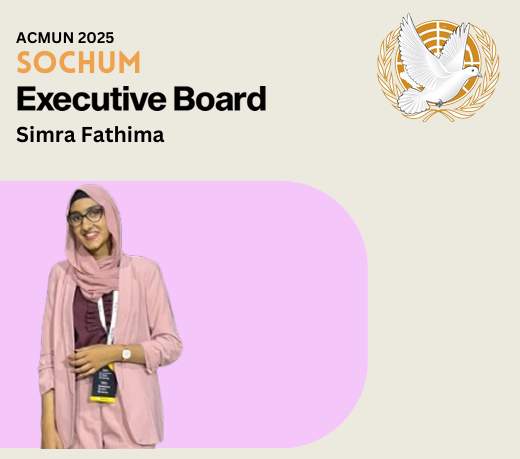
SOCIAL HUMANITARIAN AND CULTURAL COMMITTEE
Freedom fighters, this one's for you! Millions are trapped in modern slavery while the world looks away. From forced labor to sex trafficking, these crimes hide in plain sight across every continent. You're not just drafting resolutions– you're fighting for souls, breaking chains, and giving voice to the voiceless. Ready to be someone's hero? The fight for human dignity starts here.

UNITED NATIONS EDUCATIONAL SCIENTIFIC AND CULTURAL ORGANIZATION
Calling all truth-seekers and free speech defenders! In an era where lies travel faster than truth and algorithms decide what millions see, you're standing at the crossroads of information warfare. How do you kill fake news without killing free speech? It's the ultimate 21st-century dilemma, and there's no easy answer. Think you can outsmart the spin doctors and platform giants? Step up and show us how it's done.
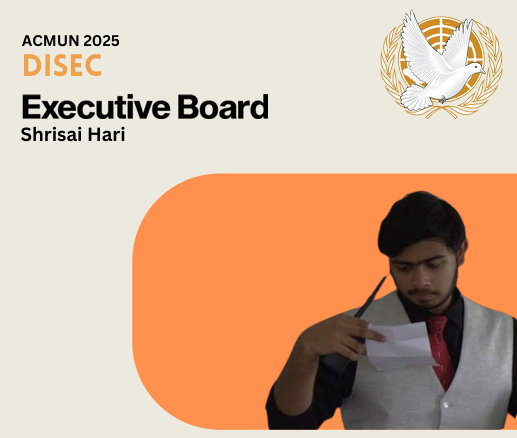
DISARMAMENT AND INTERNATIONAL SECURITY COMMITTEE
Welcome to the new battlefield, digital warriors!
Forget tanks and missiles – today's wars are fought with code and
keystrokes. State-sponsored hackers are rewriting the rules of
conflict, and traditional security frameworks are crumbling. You're
tasked with securing a world where a teenager in a basement can
cripple a nation's infrastructure. No pressure, right?
Ready to defend democracy in the digital age? Let's see what you've
got.
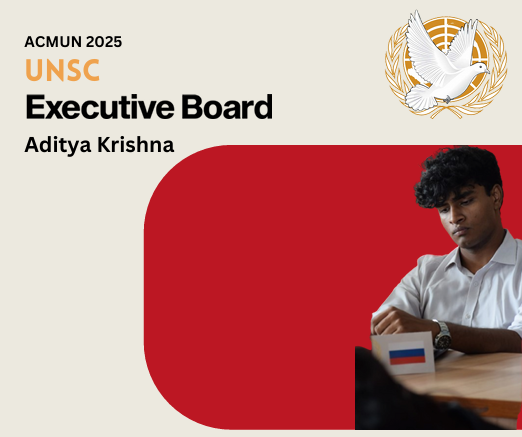
UNITED NATIONS SECURITY COUNCIL
Hey there, future peacekeepers! Ready to dive into one of Africa's most complex territorial puzzles? Cabinda isn't just about oil and geography – it's about sovereignty, self-determination, and the delicate balance of international law. You'll be wielding the most powerful gavel in international relations, so bring your A-game because every word matters when global stability hangs in the balance. Time to prove you've got what it takes to broker peace where others have failed.
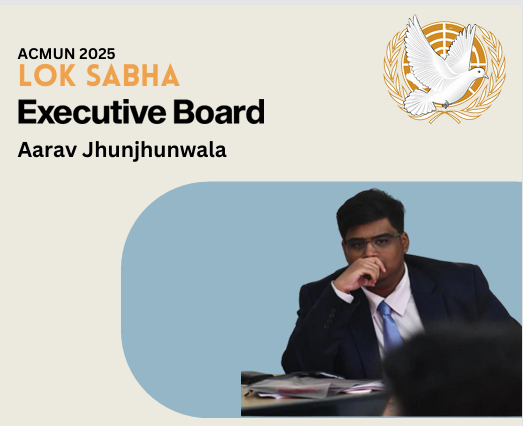
LOK SABHA
Bhara t ke veeron, suniye!
Kashmir to the Northeast, left-wing extremism to cross-border
terrorism – India's security challenges are as diverse as they are
deadly. You're not just parliamentarians; you're guardians of a billion
dreams. Every debate shapes the future of the world's largest
democracy.
Desh ki seva karne ko taiyaar hain? Let's see your patriotic spirit in
action!
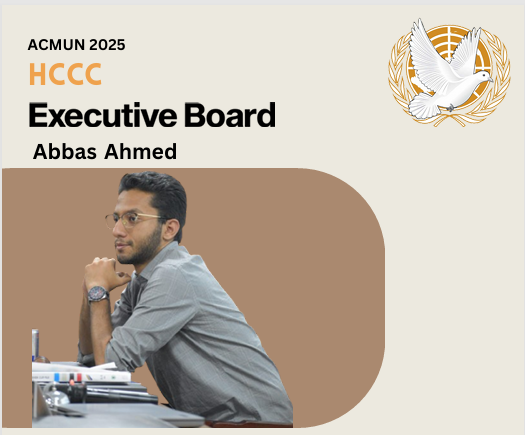
HISTORICAL CONTINUOUS CRISIS COMMITTEE
Time travelers, assemble!
You're about to rewrite one of the most controversial chapters in
modern history. It's March 17, 2003, and the world stands on the
brink of war. Intelligence reports are flying, allies are wavering, and
millions of lives hang in the balance. You know how this story ends,
but can you change it?
History is calling – will you answer differently this time?


